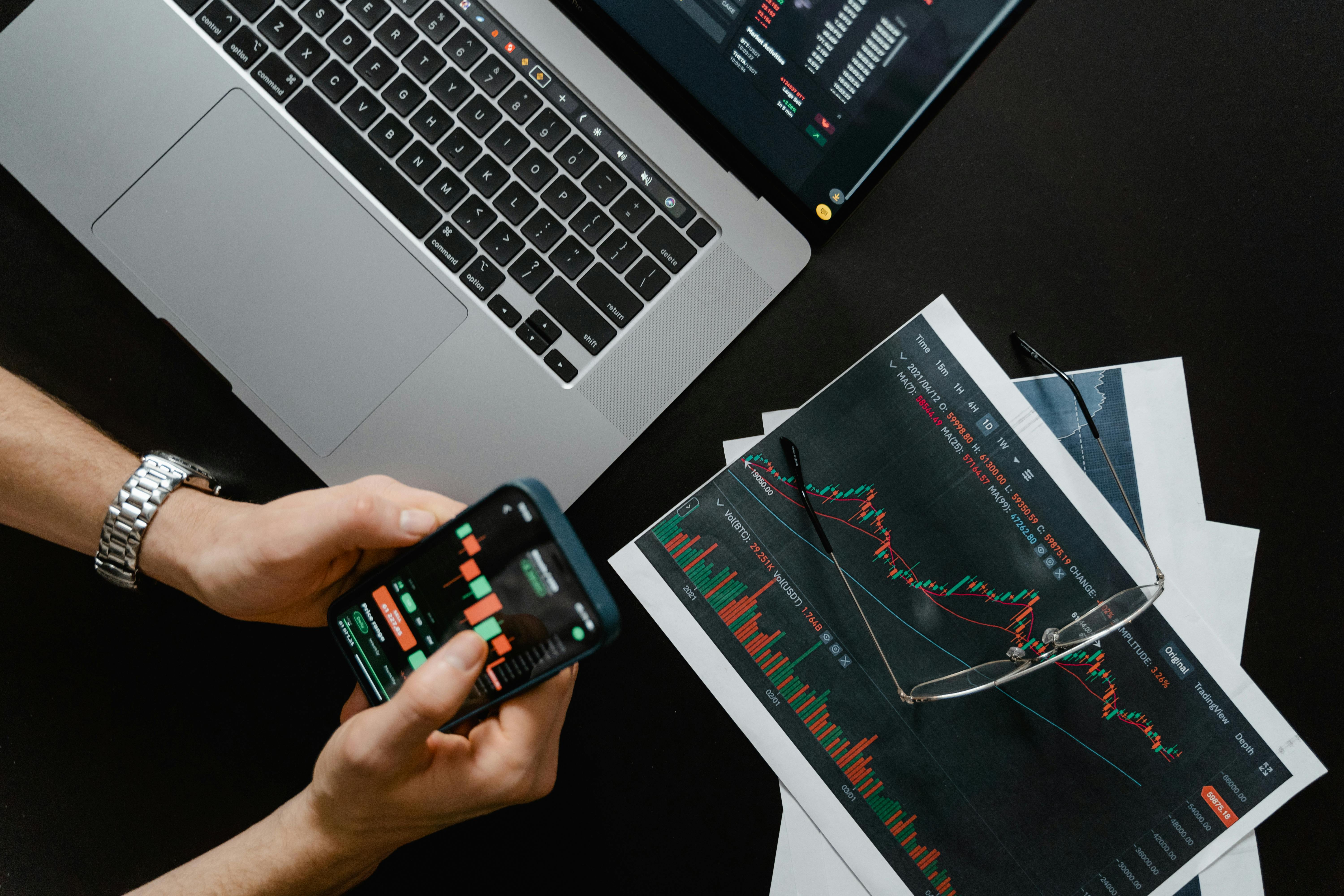
Legal and Tech Frameworks in Real World Asset Tokenization: A Comprehensive Guide
Legal and Tech Frameworks in Real World Asset Tokenization
Introduction to Real World Assets (RWAs)
Real World Assets (RWAs) represent a groundbreaking intersection of blockchain technology, decentralized finance (DeFi), and traditional asset management. These digital representations of tangible and intangible assets are transforming how investors interact with traditional financial instruments through blockchain-enabled tokenization.
Technological Infrastructure for RWA Tokenization
The technological framework for RWA tokenization involves sophisticated blockchain protocols that enable secure, transparent, and fractional ownership of assets. Smart contract technologies from platforms like Ethereum, Polygon, and Solana provide the foundational infrastructure for creating, managing, and trading tokenized assets.
Legal Jurisdictional Frameworks
United States Regulatory Landscape
The United States Securities and Exchange Commission (SEC) has established complex regulatory guidelines for tokenized assets. Compliance involves rigorous securities laws, investor protection mechanisms, and comprehensive disclosure requirements. Securities like equity tokens must adhere to existing securities regulations, including registration and exemption frameworks.
International Regulatory Environments
British Virgin Islands (BVI)
The BVI offers a sophisticated legal framework for digital asset tokenization, providing flexible corporate structures and robust regulatory support for blockchain-based financial instruments. Their progressive approach enables efficient cross-border asset management and tokenization strategies.
Cayman Islands
Known for its advanced financial regulatory environment, the Cayman Islands provides comprehensive legal infrastructure for digital asset tokenization. The jurisdiction offers sophisticated framework for establishing special purpose vehicles (SPVs) and managing complex financial instruments.
Switzerland and Liechtenstein
These European jurisdictions have developed highly advanced blockchain-friendly legal frameworks. Switzerland's "Crypto Valley" in Zug and Liechtenstein's blockchain act provide comprehensive regulatory clarity for digital asset tokenization.
Top RWA Tokenization Protocols
| Protocol | Description | Total Value Locked (2024) |
|---|---|---|
| Centrifuge | Decentralized asset financing platform | $150M |
| MakerDAO | Stablecoin and RWA lending protocol | $500M |
| Maple Finance | Institutional crypto lending platform | $200M |
Technical Considerations in RWA Development
Successful RWA tokenization requires robust technical infrastructure including:
- Advanced smart contract architecture
- Secure oracle integration for real-world data
- Comprehensive compliance and KYC/AML mechanisms
- Scalable blockchain infrastructure
Market Analysis and Future Trends
The RWA tokenization market is projected to grow exponentially, with estimates suggesting a potential market size of $10 trillion by 2030. Key growth drivers include increased institutional adoption, technological advancements, and improved regulatory clarity.
RWA.codes Expertise
RWA.codes specializes in comprehensive blockchain solutions for asset tokenization. Our expert team provides end-to-end services including technological development, legal compliance consultation, and strategic advisory for implementing robust RWA platforms across multiple jurisdictions.
Research and Data Sources
- Blockchain Research Lab
- International Monetary Fund (IMF) Digital Assets Reports
- Securities and Exchange Commission Regulatory Frameworks
- Blockchain Technology Innovation Center
Technical and Legal Compliance Strategies
Effective RWA tokenization requires a multidisciplinary approach combining technological innovation, legal expertise, and strategic implementation. Continuous adaptation to evolving regulatory landscapes and technological advancements is crucial for success.